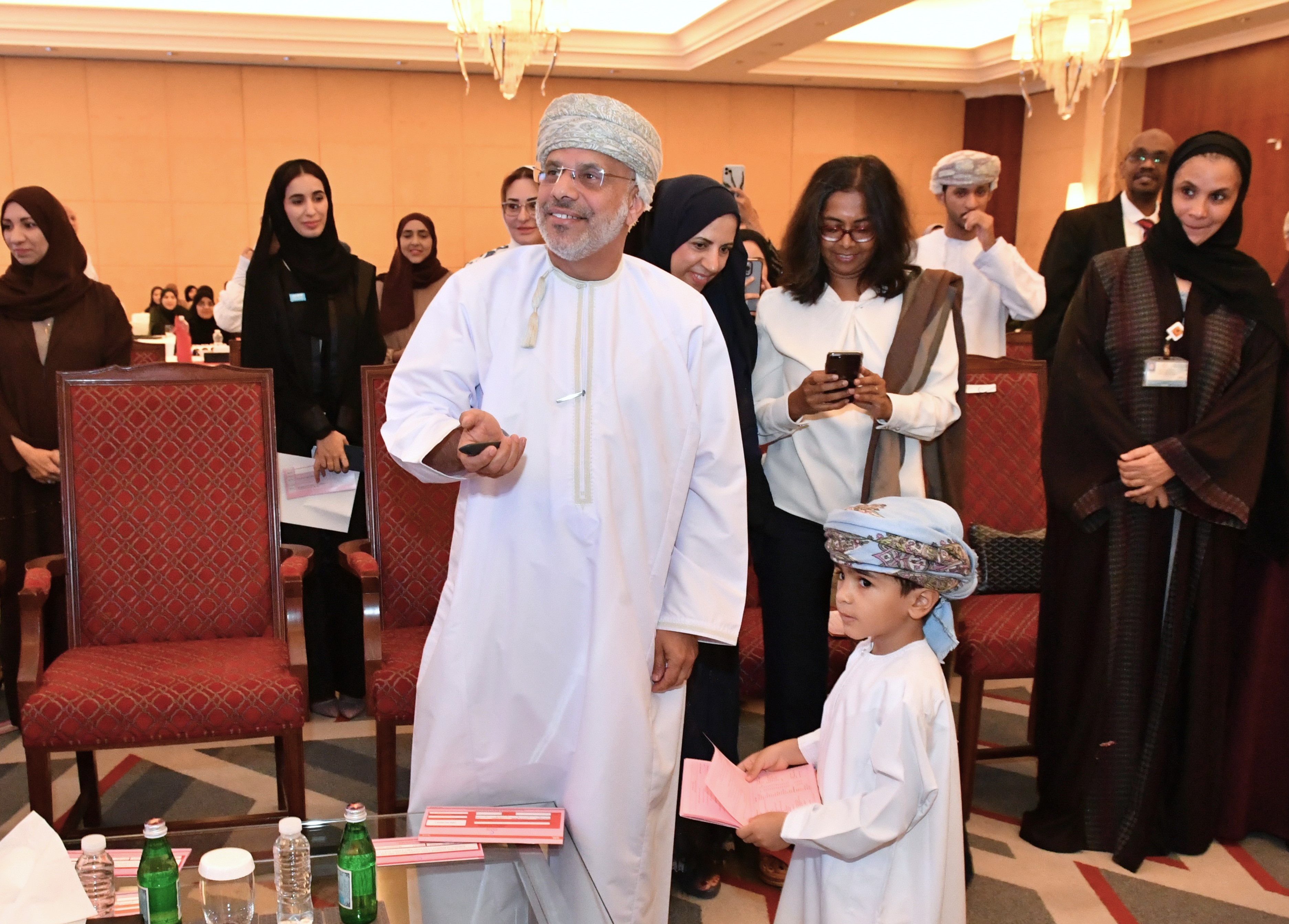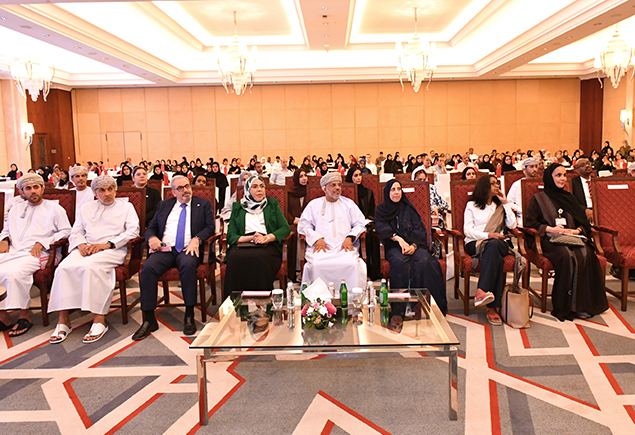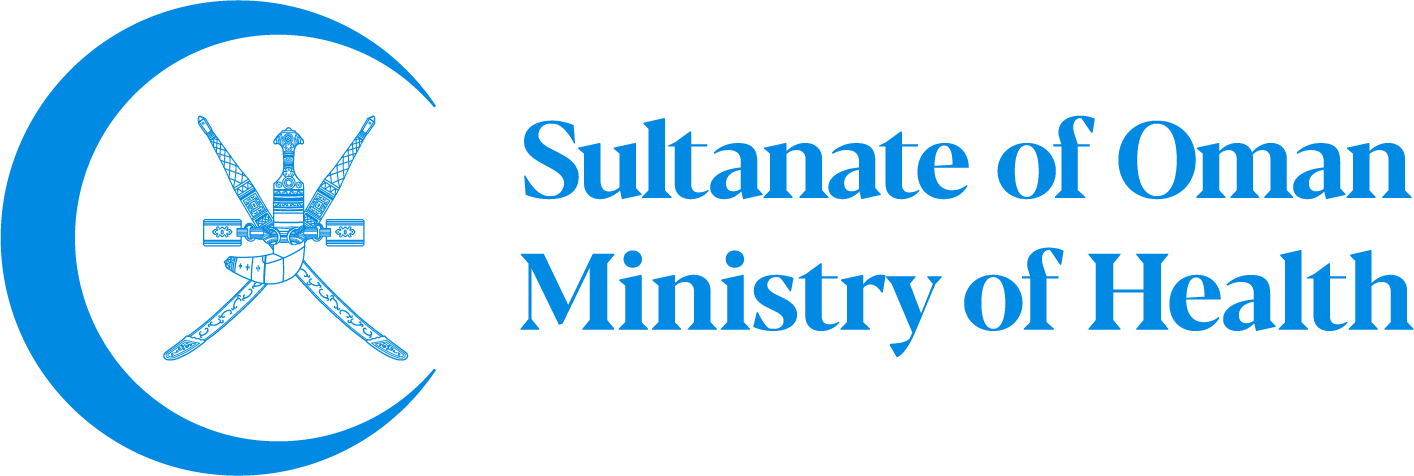Undersecretary of the Ministry of Health for Health Affairs H.E. Dr. Saeed Harib Al Lamki inaugurated today (Monday) the launch of periodic visits for children at the ages of three and four. The event also marked the update of Child Health Card (the Pink Card).
the launching ceremony, organized by the Directorate General of Health Services and Programs, represented by the Department of Woman and Child Health at Sheraton Hotel, included a welcome speech delivered by Dr. Badriya Al Rashdi, Director General of Health Services and Programs, where she emphasized the necessity of conducting comprehensive psychological, physical, and social assessments for children and incorporating their inputs into discussions and sharing them with healthcare workers in healthcare institutions.
Moreover, the event displayed the evolution of the child health card over the years. Subsequently, several working papers were presented by specialists from Sultan Qaboos University Hospital, Royal Hospital, and Al Nahdha Hospital, providing detailed explanations to healthcare workers about these updates at side event training workshop. At the conclusion of the workshop, the specialists recommended the importance of raising awareness among parents about the significance of maintaining the pink card and bringing the child for the scheduled visits and encouraging parents to read the included recommendations and messages.
Representatives from the National Committee for Family Affairs, the Directorate General of Persons with Disabilities, and the Child Affairs Department from the Ministry of Social Development attended the workshop. The inclusion of the periodic visit at the ages of three and four is considered one of the initiatives adopted by the National Committee for Family Affairs and is listed as one of the health initiatives within the framework of developing services for persons with disabilities.
The Department of Woman and Child Health has updated the Child Health Card as it seeks to continually improve the provided health services; introducing two periodic visits for ages 3 and 4 in order to continue assessing the child’s growth until school age with the aim of early detection of disabilities and developmental delays.
The upgrading also included the addition of risk signs for developmental delays as well referral from primary to secondary healthcare system for early intervention. Moreover, the introduction of the Comprehensive Child Health Guide serves as a reference for health workers to provide high quality services for children.









